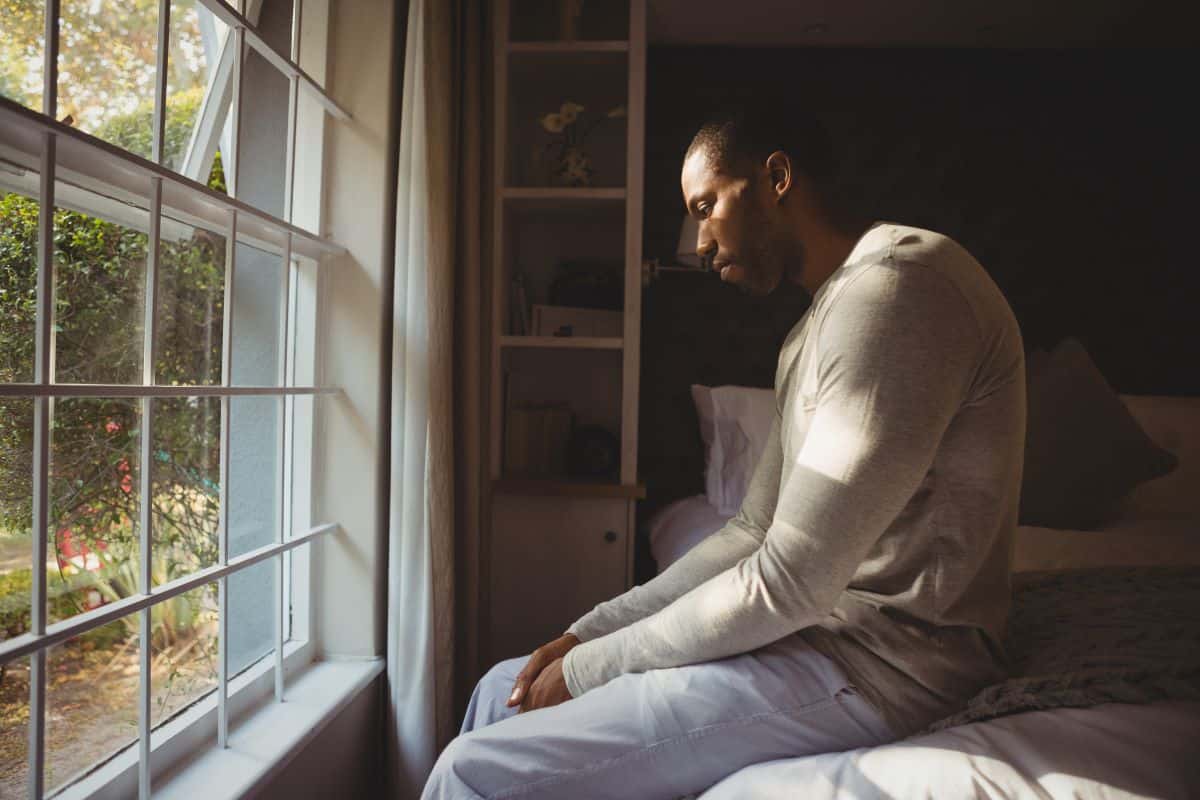Emotions and feelings are essential attributes of the human personality. However, uncontrolled negative emotions can sometimes cause behavioral issues and personality disorders.
Dialectical behavior therapy (DBT) provides behavioral modifications to help preserve your mental health and foster a healthy personality.
In this guide, we’ve looked at the best ways to get DBT. We’ve also looked at this type of therapy in more detail, including explaining how it works.
Want to skip right to the suggestions for dialectical behavior therapists? Here are our 5 recommended therapy solutions:
Dialectical Behavior Therapy Platforms
Below you will find five of the best platforms that provide dialectical behavior therapy (DBT).
| Providers | Good For | Location | Pricing |
|---|---|---|---|
| BetterHelp | Quick match with the right therapist for you | Online therapy | $65 to $90 per week (billed every 4 weeks) |
| Find-a-therapist.com | Finding and contacting the right therapist for you | Online and in-person therapy | Varies depending on the counselor fee |
| TalkSpace | Anger management, depression, anxiety, bipolar disorder, OCD, PTSD, psychiatry | Online therapy | Varies according to insurance coverage or self-pay options |
| Cerebral | Choosing the right therapist for you | Online therapy | $74/week billed as $295/mo |
| Teladoc | Mood swings, relationship conflicts, marriage counseling, trauma, PTSD, anxiety, stress, psychiatric services | Online therapy in the U.S. and Canada | Varies depending on the insurance coverage |
1. BetterHelp
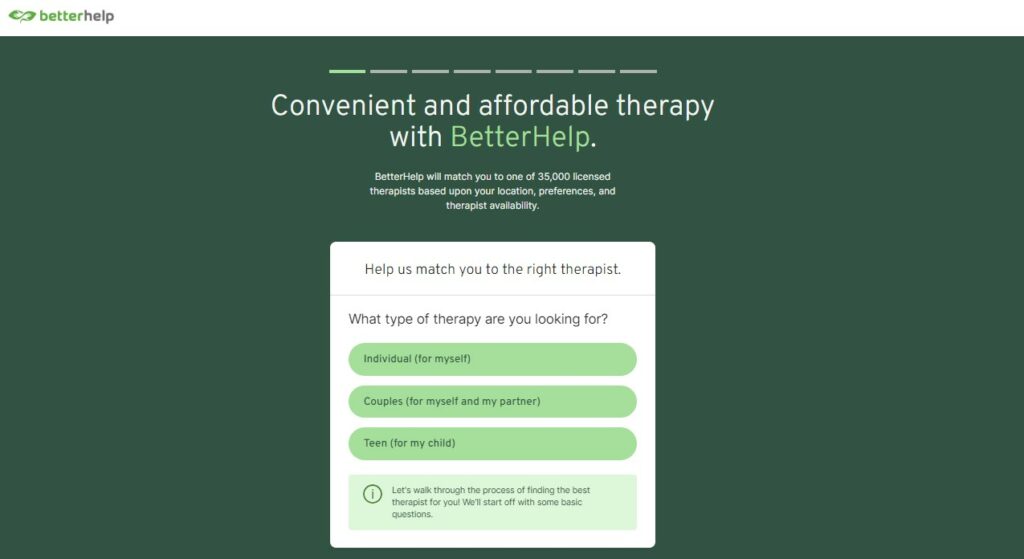
Explore emotional well-being with BetterHelp – your partner in affordable online therapy. With 30,000+ licensed therapists and plans starting from only $65 per week, BetterHelp makes self-care accessible to all. Complete the questionnaire to match with the right therapist.
- Good for: Quick match with the right therapist for you.
- Location: Online therapy.
- Pricing: $65 to $90 per week (billed every 4 weeks).
- Features: iOS and Android app available, message your therapist anytime, live sessions are scheduled weekly and done via live chat, phone, or video call.
When signing up to BetterHelp, you will be asked to fill out a short but thorough questionnaire, and you’ll need to explain that you’re looking for DBT. Based on your answers, BetterHelp will match you to an available therapist who fits your availability and preferences and can help you with the problems you’re facing.
Read our BetterHelp review here.
2. Find-a-therapist.com
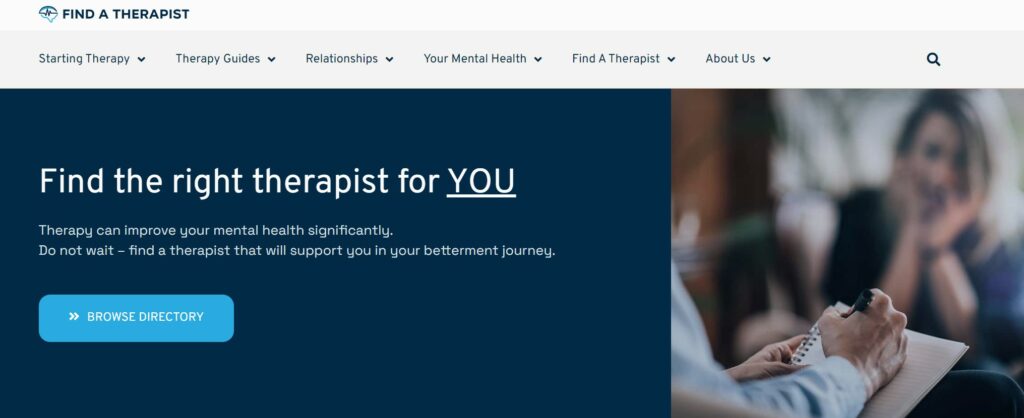
- Good for: Finding and contacting the right therapist for you.
- Location: Online and in-person therapy.
- Pricing: Varies depending on the counselor fee.
- Features: Filter your search, find accessible and effective online and in-person therapy, find guides on different types of therapy.
Find-a-therapist.com is an online platform that offers a directory where you can find licensed and qualified mental health professionals. Using the filters you can personalize your search and find therapists like Regina Lazarovich or Matthew Crane who has experience in DBT.
3. TalkSpace
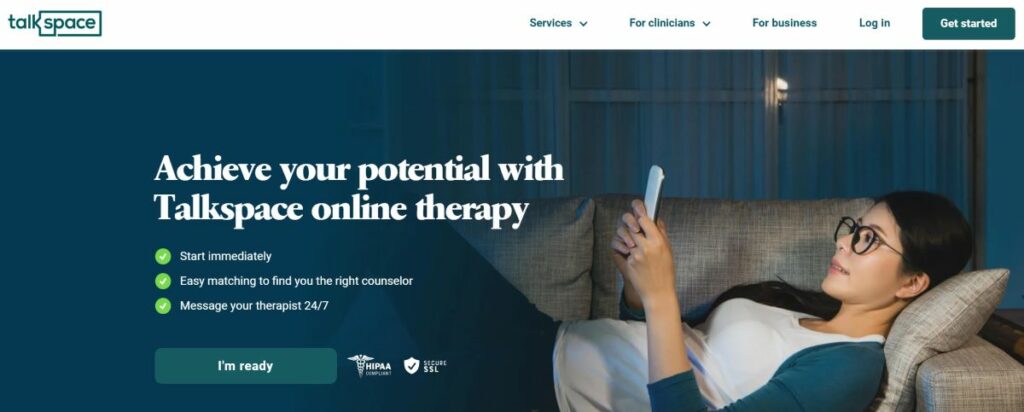
Tailored to individuals, couples, teens, and offering psychiatry services, Talkspace plans kick off at a wallet-friendly $69 per week. What’s more, many health insurances also cover their services, enhancing accessibility and affordability. Complete a questionnaire and get matched with the right therapist for you.
- Good for: Anger management, depression, anxiety, bipolar disorder, OCD, PTSD, psychiatry.
- Location: Online therapy.
- Pricing: Varies according to insurance coverage or self-pay options.
- Features: Accepts insurance, pick your therapist from a list of recommendations, live video sessions and unlimited messaging with your therapist, medication management.
TalkSpace is another online therapy platform that can connect you with licensed therapists for behavior modification and personality development. It is an easy, user-friendly, and cost-effective service for those seeking DBT therapy.
Read our TalkSpace review here.
4. Cerebral
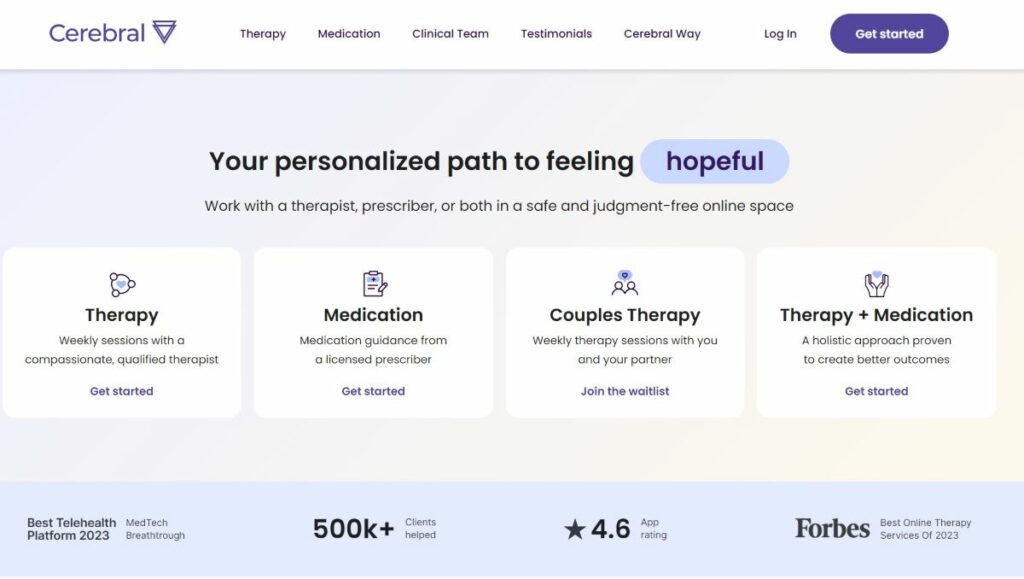
- Good for: Choosing the right therapist for you.
- Location: Online therapy.
- Pricing: $74/week billed as $295/mo.
- Features: Weekly 45-minute sessions, monthly assessments, medication management.
Cerebral is a telehealth platform that offers a range of mental health care services to individuals seeking treatment for common mental health conditions. The platform provides access to licensed therapists, care counselors, and medical professionals who specialize in various terapies, including DBT.
Read our Cerebral review here.
5. Teladoc
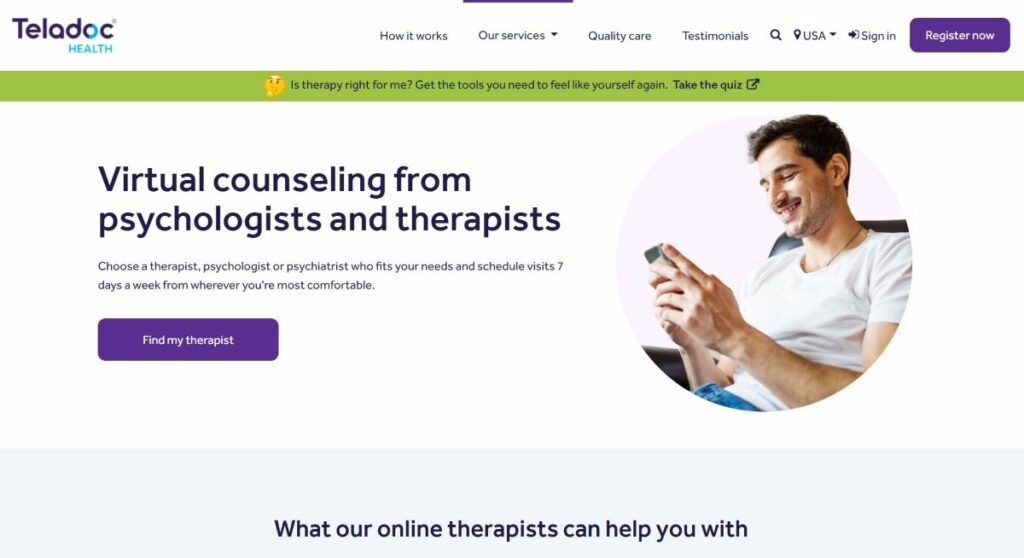
- Good for: Mood swings, relationship conflicts, marriage counseling, trauma, PTSD, anxiety, stress, psychiatric services.
- Location: Online therapy in the U.S. and Canada.
- Pricing: Varies depending on the insurance coverage.
- Features: Psychiatry visits, medication management, talk therapy, counseling services, choose your therapist from a list of options according to your needs.
Teladoc is an online platform that offers personalized care plans, including mental health services. Therapists on this platform have experience in different therapies, including dialectical behavioral therapy. Teladoc enables patients to connect with therapists via phone, video, or mobile app.
How do DBT Sessions Work?
The way DBT works depends on the type of session you undertake to seek treatment.
Individual Therapy Sessions
During an individual session, DBT therapists work with individuals one-on-one to improve their mental health and behavioral skills.
A DBT therapist first assesses your clinical symptoms, and then devises a coping plan on an individual basis. Moreover, the counselor also uses a range of therapeutic methods to help with symptoms of anxiety, depression, and borderline aggression.
Group Therapy Sessions
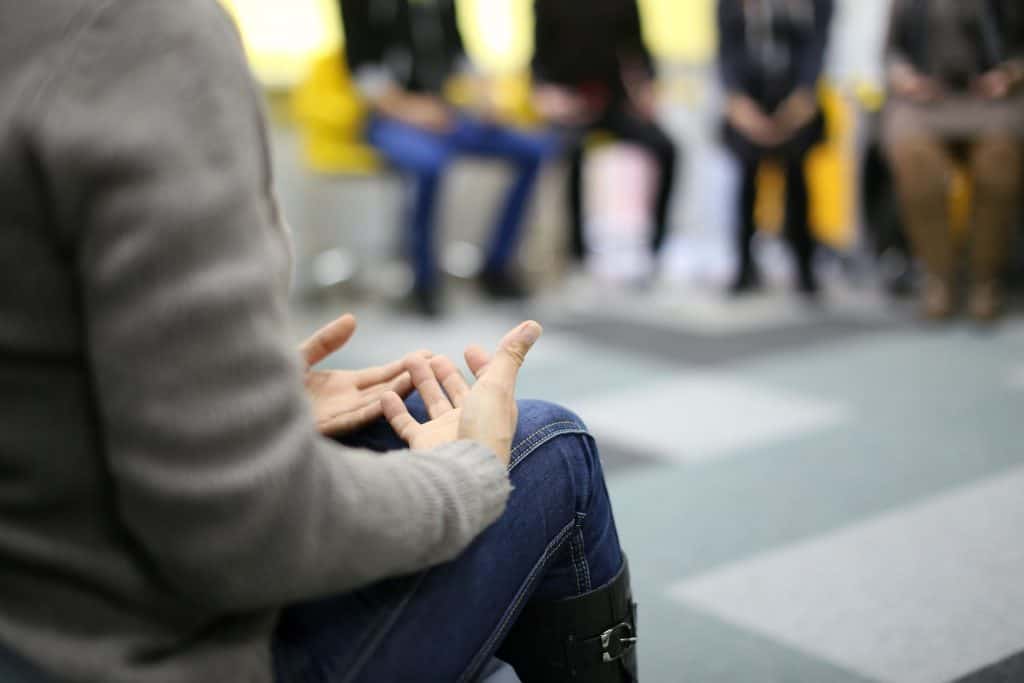
In a group setting, a therapist helps you learn and practice new coping skills. Other members of the group also share their practices and experiences, which can also be quite useful in undertaking successful behavior modification.
Under a group leader, you’ll also be given homework related to mindfulness exercises, and techniques you can use in your relationships at home and in your day-to-day life.
Four Modules of DBT Therapy
There are four critical elements of DBT treatment.
1. Emotion Regulation
The ability to control emotions is very important in personality development. To control your emotions, first, a therapist focuses on helping you with acceptance. They will focus on helping you accept the problems you have, and your need to seek help.
After acceptance, a DBT therapist will positively condition your emotions, and help you control them. Emotional regulation alleviates emotional vulnerability, and allows you to experience positive emotions more often.
2. Mindfulness

This skillset deals with the present, and allows you to focus on the current time. Instead of focusing on the past and future, mindfulness helps you practice patience and a non-judgmental attitude towards those around you.
With mindfulness, you start to focus on the positive aspects more than your negative thoughts about the future. DBT therapists use the mindfulness approach to treat anxiety, depression, and other personality disorders.
3. Interpersonal Effectiveness
Interpersonal effectiveness helps you develop reflective listening, communication skills, and cooperative behaviors in an effective manner to deal with daily life challenges.
The assertive behavior it instills can help you communicate with others more effectively. Using interpersonal effectiveness, you can learn to speak up for yourself in honest and respectful ways.
4. Distress Tolerance
This skillset helps you to accept your current situation and prepare yourself for negative thoughts and emotions. Through techniques such as distraction, self-soothing, and triggering of opposite emotions, your therapist will help you develop greater distress tolerance.
This can be useful in managing the emotional stresses we sometimes face, such as a job loss, the death of a loved one, and other traumatic events.
What is DBT Most Effective in Treating?
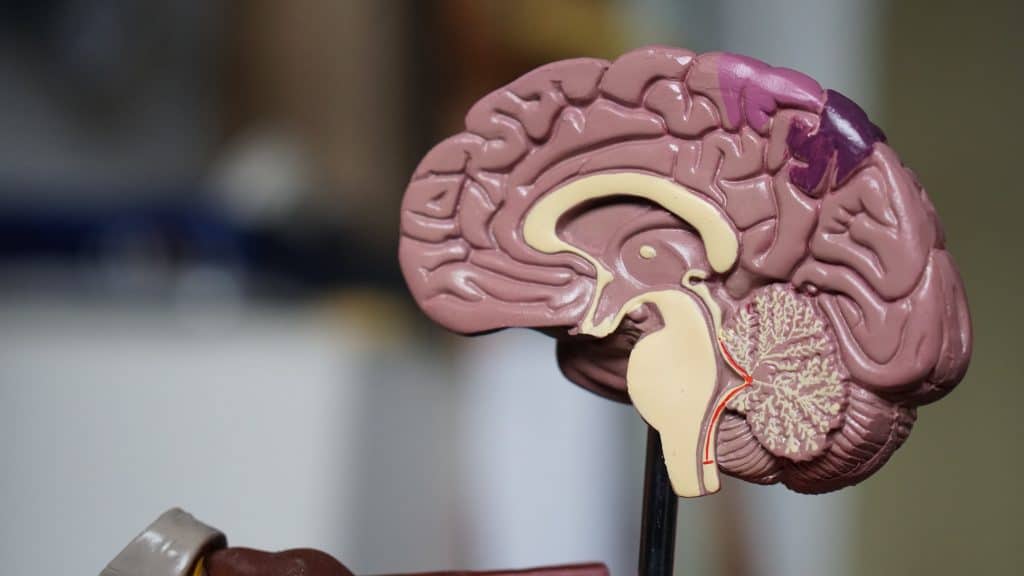
DBT is used to treat a variety of behavioral and personality disorders, including:
- Borderline personality disorder (BPD)
- Bipolar disorder (BD)
- Obsessive-compulsive disorder (OCD)
- Generalized anxiety disorder (GAD)
- Post-traumatic stress disorder (PTSD)
- Attention deficit hyperactivity disorder (ADHD)
- Eating disorders (ED)
- Substance abuse disorders
- Family and relationships issues
Let’s look at how DBT treatment can help with some of these issues.
Borderline Personality Disorder (BPD)
The initial idea of Dr. Marsha Linehan and her team (treating BPD with the help of DBT) is endorsed by recent research.
According to one study, DBT can alleviate BPD symptoms in more than 75 percent of patients within one year of treatment commencing.
Other Issues
DBT is also used to treat substance use disorders, eating disorders, and other mental health issues. Recent research shows that DBT can also be very helpful in suppressing anxiety, depression, mood swings, and related issues.
People suffering from anorexia nervosa, bulimia nervosa, and binge eating disorder may also use DBT, as it can easily help in modifying the eating habits through its behavior modification techniques.
Can DBT be Done Online?

Both online and in-person DBT have their advantages and disadvantages.
In-person DBT provides direct face-to-face interaction with a therapist. This interaction can help the therapist observe your facial expression, implicit gestures, and sitting position. As a result, the therapist may find it easier to assess your condition, especially if you have a serious issue.
However, in-person therapy can be expensive, and it can sometimes be difficult to find a good therapist near you, especially if you’re seeking DBT specifically. You will need to find the time to visit a therapist in their office for at least a month to see good results from DBT.
In comparison, online DBT is more accessible, more affordable, and more convenient than in-person therapy. You can access the online platforms at home, reducing the emotional energy required to see a counselor in person. Moreover, online DBT often costs less than face-to-face therapy sessions – BetterHelp for example has a financial aid program for those facing financial stress.
In saying this, if you have a serious issue, it’s often worth the time and money investment to see a counselor in-person. This will make it easier to get the right level of support for your specific needs.
Pros & Cons
DBT can be a highly effective treatment for individuals struggling with emotional dysregulation and interpersonal difficulties, but it’s important to consider both the benefits and limitations when deciding if it’s the right approach for you.
In this section, we will list some pros and cons of DBT.
| Pros | Cons |
|---|---|
| Emphasizes the development of interpersonal skills, such as effective communication and conflict resolution, which can lead to healthier relationships with others. | It may not be the best fit for everyone, particularly those who are not ready or willing to engage in therapy or those with severe mental health issues. |
| Addresses multiple areas of functioning, including emotional, cognitive, and behavioral aspects, providing a holistic approach to treatment. | Learning and applying DBT skills can take time and practice, and individuals may not see immediate results, which can be frustrating or discouraging. |
| Typically follows a structured format, with specific modules and skills training sessions, which can provide clear guidance and direction for individuals in treatment. | Often includes group therapy sessions as part of the treatment, which may not appeal to everyone or may not be suitable for individuals who prefer one-on-one therapy. |
Conclusion
DBT is the form of cognitive-behavioral therapy (CBT) that focuses on behavior modification, and can be helpful in the treatment of many mental health conditions.
If you are struggling with issues such as borderline personality disorder and need help, you can get DBT sessions from a certified therapist. Online platforms can be an easy, affordable way to get support, although you should see a therapist face-to-face if you need urgent assistance.
References
Gratz, K. L., Tull, M. T., & Wagner, A. W. (2005). Applying DBT mindfulness skills to the treatment of clients with anxiety disorders. In Acceptance and mindfulness-based approaches to anxiety: Conceptualization and treatment (pp. 147-161). Boston, MA: Springer US. Link.
Khani H, Belir S, Zamani S, Zamani N. Efficacy of Dialectical Behavior Therapy on Depression. J Mazandaran Univ Med Sci 2015; 25 (127) :113-118. Link.
Stiglmayr, C., Stecher-Mohr, J., Wagner, T., Meiβner, J., Spretz, D., Steffens, C., … & Renneberg, B. (2014). Effectiveness of dialectic behavioral therapy in routine outpatient care: the Berlin Borderline Study. Borderline personality disorder and emotion dysregulation, 1, 1-11. Link.

